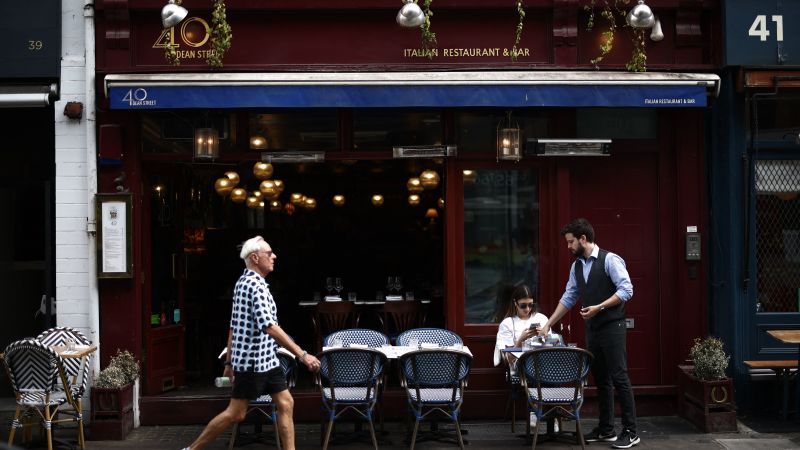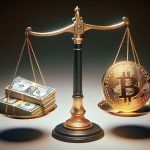The United Kingdom has come out of a short and shallow recession, official figures showed Friday, giving Prime Minister Rishi Sunak a sorely needed boost ahead of an election expected later this year.
Gross domestic product grew 0.6% in the first three months of the year, according to preliminary data from the Office for National Statistics (ONS).
The increase follows falls of 0.3% in the fourth quarter and 0.1% in the third quarter of last year. A recession is commonly defined as two consecutive quarters of economic contraction.
The expansion early this year was driven by “widespread growth” in the service sector, where output ticked up 0.7% during the quarter, the ONS said.
The news will provide some relief to Sunak and his ruling Conservative Party, which suffered heavy losses in local elections last week, boding ill for the party’s chances in the general election. Sunak suffered further embarrassment this week when one of his lawmakers defected to the opposition Labour Party.
The Bank of England now expects UK GDP to expand by 0.5% this year, double the pace forecast in February, according to projections published Thursday. Last year, GDP increased by a measly 0.1%.
There are other signs the economy’s prospects are brightening. In April, combined output in manufacturing and services grew at the strongest rate in almost a year, according to a survey of purchasing managers compiled by S&P Global. Service firms drove the expansion.
A growing economy could, however, delay the interest rate cuts widely expected this year.
“Stronger GDP growth raises the risk of stronger demand pressures on inflation,” analysts at Nomura wrote in a note, adding that Friday’s GDP release “casts doubt” over a cut in June. They expect the Bank of England to start cutting the cost of borrowing in August.
Annual UK inflation came in at 3.2% last month, a sharp slowdown from a rate above 10% about a year ago. The central bank targets a rate of 2% and expects to more or less reach it in the next few months, according to Governor Andrew Bailey.
“Inflation has fallen a lot… (but) we need to see more evidence that inflation will stay low before we can cut interest rates,” he said Thursday, after the central bank announced its decision to hold official borrowing costs at 5.25%.
Bailey did not rule out an interest rate cut in June, but told journalists it was not a given and would be informed by data releases in the coming weeks on inflation and the labor market.
This is a developing story and will be updated.
Read the full article here




